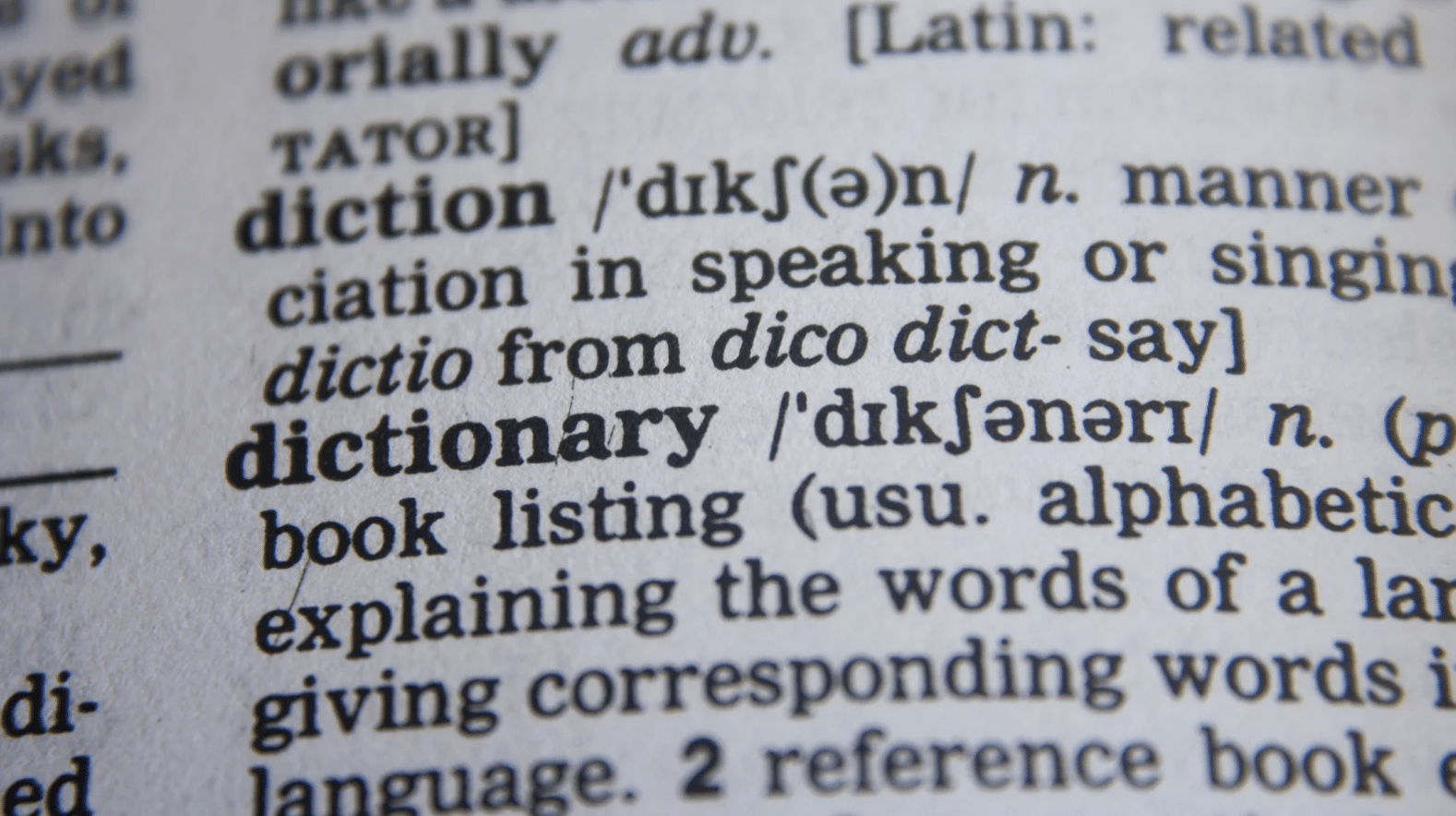Mga salitang Pinoy na ‘pasok sa banga’ ng Oxford English Dictionary

ANG lupit talaga ng mga Pinoy! Akalain mo, napatunayan na lumalakas ang impluwensya natin pagdating sa wika at kultura.
Labing-isang salitang Pinoy ang opisyal nang parte ng Oxford English Dictionary (OED) sa kanilang March 2025 update.
Sa isang post sa kanilang website, sinabi ng OED na nakakaaliw ang mga salitang lokal na may meaning, pero walang eksaktong katumbas pagdating sa Ingles.
“Often, when we talk about untranslatable words, what we are actually talking about are words that have been lexicalized in one language but not in others, which is what makes them particularly intriguing,” sey sa pahayag.
Baka Bet Mo: ‘Gen Z 101’: Mga salitang pak na pak sa mga kabataan ngayon
Dagdag pa, “For people who speak English alongside other languages, there is an easy way to fill such a lexical gap — simply borrowing the untranslatable word from another language.”
Dahil diyan, walong bagong salita ang idinagdag sa nasabing dictionary at for sure ay marami ang makaka-relate dito.
CR – “A toilet; a lavatory; cf. comfort room n.”
Gigil – (As a noun) “An intense feeling caused by anger, eagerness, or the pleasure of seeing someone or something cute or adorable, typically physically manifested by the tight clenching of hands, gritting of the teeth, trembling of the body, or the pinching or squeezing of the person or thing causing this emotion;” (As an adjective) “Of a person: overwhelmed by an intense feeling caused by anger, eagerness, or the pleasure of seeing someone or something cute or adorable”
Kababayan – “A fellow Filipino; one’s fellow Filipino. Also: a person from the same Philippine region or town as another; A small, sweet cake, similar to a muffin, typically yellow in colour and having the shape of a salakot (salakot n.)”
Lumpia – “In East and Southeast Asian cookery: any of various types of spring roll, typically consisting of a very thin pancake filled with minced meat, seafood, or vegetables, rolled into a cylinder (and sometimes deep-fried), and served with a dipping sauce”
Salakot – “A type of lightweight Filipino hat traditionally worn by farmers as protection against the weather, typically domed or conical in shape, with a wide brim, and often having a spiked or ornamental finial at the tip of the crown”
Sando – “A sleeveless garment worn under or instead of a shirt; a vest”
Thomasite – “An American teacher in the Philippines during the period of American occupation (1899–1946); esp. one belonging to the first group of teachers who arrived on the U.S. Army Transport Thomas in 1901, tasked with establishing a new public school system, teaching basic education, and training Filipino teachers, using English as the primary language of instruction”
Videoke – “A form of entertainment popular in bars, at parties, etc., in which a person sings the vocal line of a popular song to the accompaniment of a pre-recorded backing tape while following the lyrics which appear on a screen in time with the music. Also: the equipment used for this. Frequently as a modifier, esp. in videoke bar. Cf. karaoke n.”
Bukod diyan, tatlong salitang Pinoy naman ang nadagdag bilang bagong kahulugan ng umiiral na mga salita:
Load – “Credit purchased for a pay-as-you-go mobile phone. Cf. load v. Additions”
Terror – “Of a teacher: strict, harsh, demanding”
Pinoy – (As an adjective) “Of, belonging to, or relating to the Philippines or Filipinos”
Para sa kaalaman ng marami, ang Oxford English Dictionary ay unang iminungkahi noong 1857 bilang “New English Dictionary” ng Philological Society, isang organisasyon sa London na nag-aaral ng wika.
Disclaimer: The comments uploaded on this site do not necessarily represent or reflect the views of management and owner of Bandera. We reserve the right to exclude comments that we deem to be inconsistent with our editorial standards.


